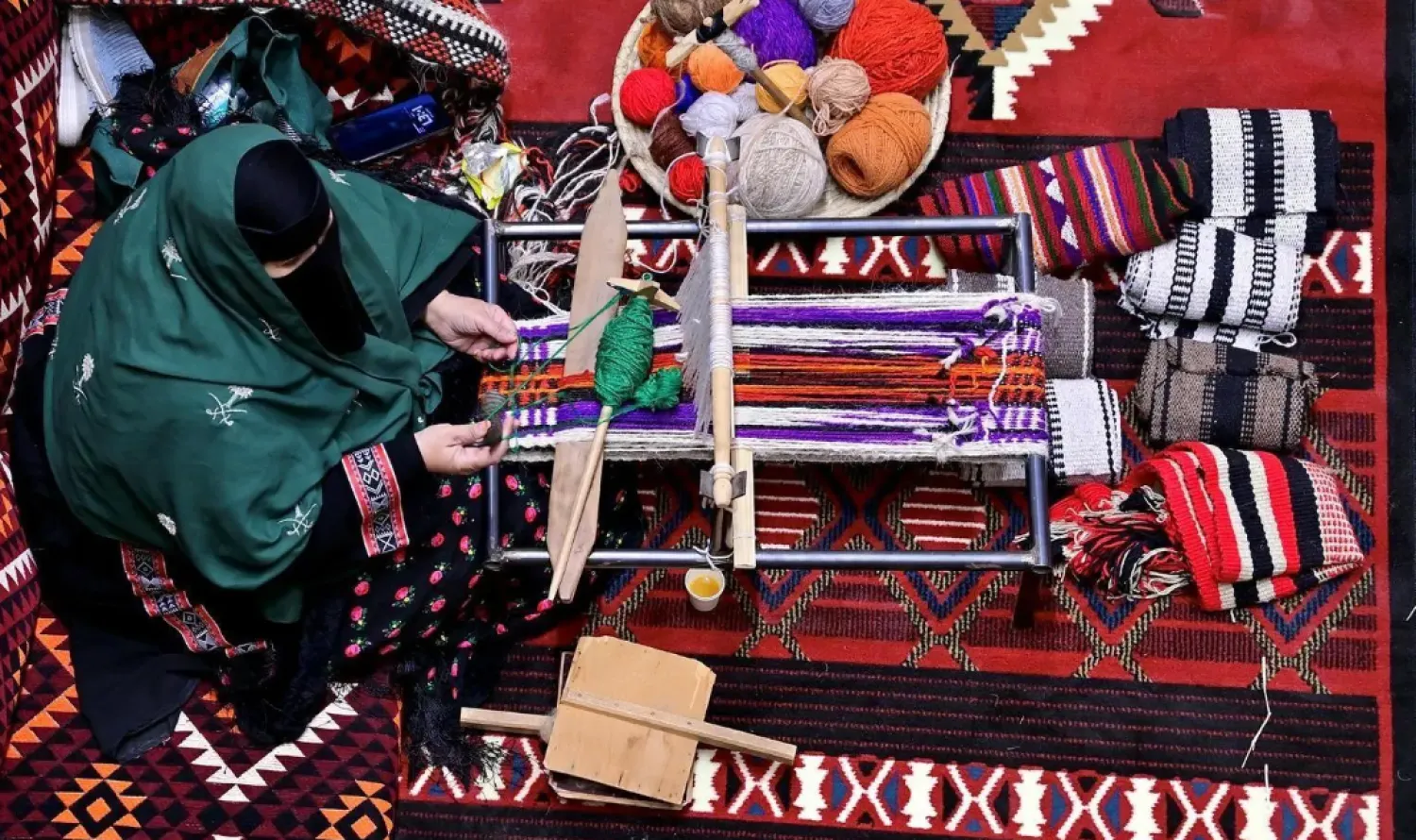With new photographic and video evidence, an Indian court battle over the origins of the world famous butter chicken is set to get spicier.
Two Indian restaurant chains have been sparring since January at the Delhi High Court, both claiming credit for inventing the dish in a lawsuit that has grabbed the attention of social media users, food critics, editorials and TV channels across the globe.
The popular Moti Mahal restaurant chain said it had the sole right to be recognized as the inventor of the curry and demanded its rival, the Daryaganj chain, to stop claiming credit and pay $240,000 in damages. Moti Mahal said founder Kundan Lal Gujral created the cream-loaded dish in the 1930s at an eatery in Peshawar, now in Pakistan, before relocating to Delhi.
That "story of invention of butter chicken does not ring true" and is aimed at misleading the court, Daryaganj said in a new, 642-page counter-filing reviewed by Reuters.
Daryaganj says a late member of its founding family, Kundan Lal Jaggi, created the disputed dish when he helmed the kitchen at the relocated Delhi eatery, where Gujral, his friend-cum-partner from Peshawar only handled marketing.
Both men are dead, Gujral in 1997 and Jaggi in 2018.
Evidence in the non-public filing includes a black-and-white photograph from 1930s showing the two friends in Peshawar; a 1949 partnership agreement; Jaggi's business card after relocating to Delhi and his 2017 video talking about the dish's origin.
By virtue of the friends' partnership, "both parties can claim that their respective ancestors created the dishes," Daryaganj says in the filing, calling the dispute a "business rivalry".
Moti Mahal declined to comment. The judge will next hear the case on May 29.
A key point of contention, which the court will have to rule on, is where, when and by whom the dish was first made - by Gujral in Peshawar, Jaggi in New Delhi, or if both should be credited.
Butter chicken is ranked 43rd in a list of world's "best dishes" by TasteAtlas, and bragging rights about who invented it can matter, brand experts said.
"Being an inventor has a huge advantage globally and in terms of consumer appeal. You are also entitled to charge more," said Dilip Cherian, an image guru and co-founder of Indian PR firm Perfect Relations.
Moti Mahal operates a franchisee model with over 100 outlets globally. Its butter chicken dishes start at $8 in New Delhi, and are priced at $23 in New York.
Late US President Richard Nixon and India's first Prime Minister Jawaharlal Nehru are among the famous clients to have visited its primary outlet in Delhi.
Daryaganj started in 2019 and its butter chicken costs $7.50. It has 10 outlets, mostly in New Delhi, with plans to expand to other Indian cities and Bangkok.
In its 2,752-page Indian lawsuit, Moti Mahal had also accused Daryaganj of copying "the look and feel" of the interiors of its outlets.
Daryaganj has retorted with photographs of restaurant interiors which the judge will review, claiming it is Moti Mahal that has copied its "design of floor tiles".









